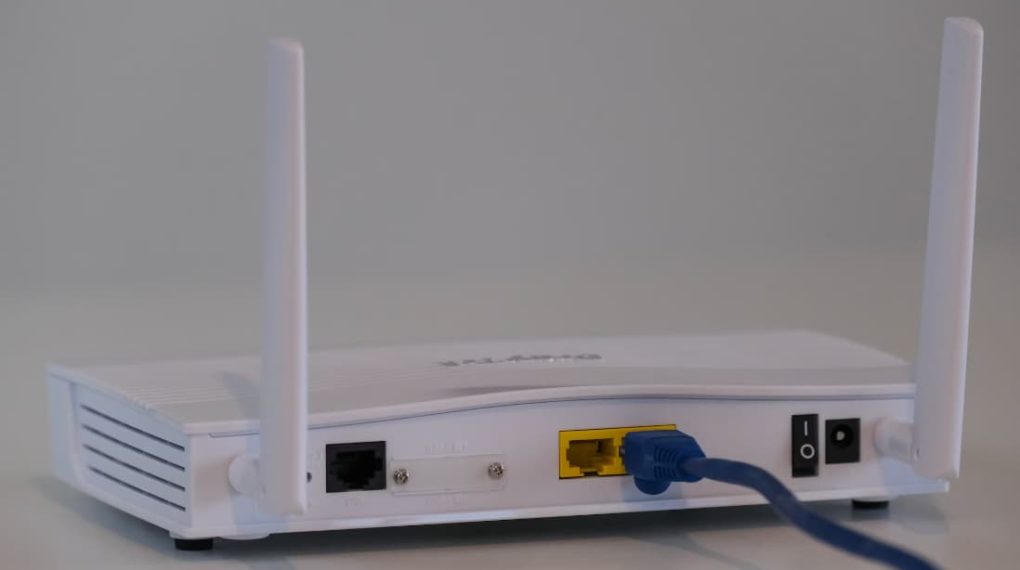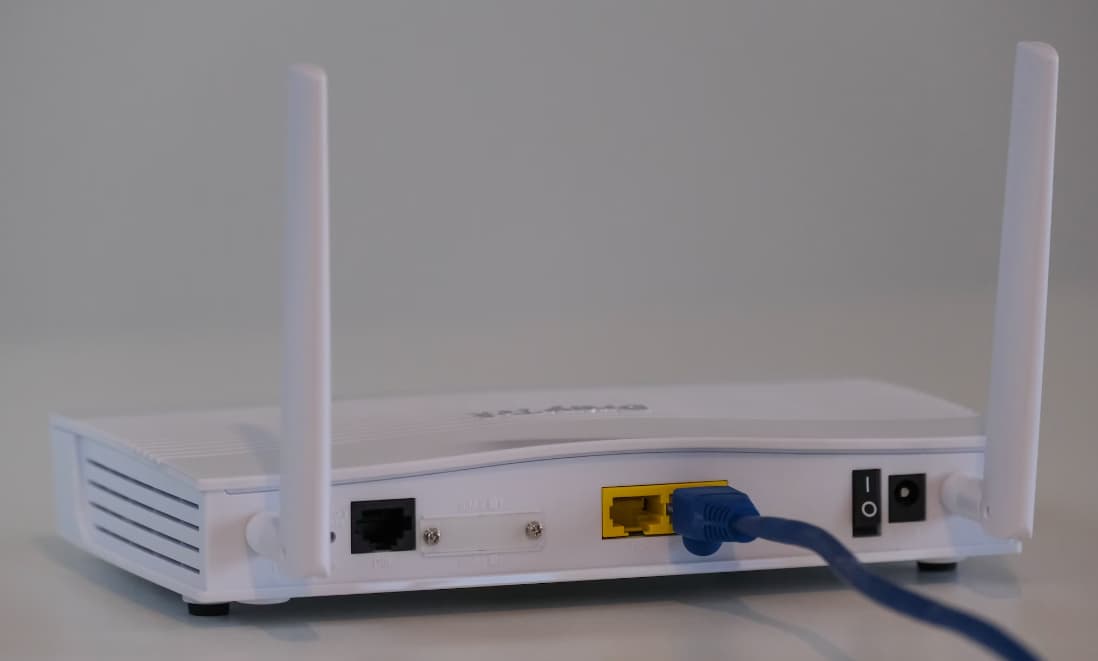Is speed everything when it comes to broadband? Let’s dive deep and understand what truly matters.
Most of the time, when we talk about Internet Service Providers (ISPs), we’re bombarded with advertisements that shout out Speed! Speed! Speed! Yes, speed is vital, but should it always be the numero uno priority?
What use is a super-fast internet if it’s as unstable as a house of cards? Uploading files, streaming movies, attending virtual meetings – all depend not just on speed but consistent speed.
Why Does My Internet Speed Fluctuate?

Here’s a simple analogy: Imagine driving a fast car but not knowing if it might stall unpredictably. This is why many wonder, “Why does my broadband speed change so frequently? How can I fix it?” Let’s shed some light on these valid concerns.
A Shift in Focus: Stability over Speed
An eye-opening survey by the International Data Corporation (IDC) highlighted a significant trend: 60% of businesses are leaning towards edge computing solutions. Interestingly, they’re doing this not just for speed but to ensure stability and reduce latency fluctuations.
Now, if the jargon has you scratching your head, don’t worry. Let’s break things down a bit.
Broadband: The Digital Superhighway
Broadband, in its simplest form, is an “always-on” data transmission service. Imagine a broad highway where data travels like vehicles at different speeds. This “highway” is made of various mediums like coaxial cables, Wi-Fi, DSL, and even satellite. Broadband ensures that whether you’re gaming, streaming, or video conferencing, everything runs smoothly.
Officially, some experts assert that for a connection to qualify as broadband, it should offer:
- 25 Mbps download speed
- 3 Mbps upload speed
However, depending on where you live, the infrastructure, and your personal needs, your ideal broadband type might differ.
Diving Deeper: Types of Connections
- Fibre Optic: Think of these as highways of light. These cables, often thinner than a strand of hair, transmit data via light pulses. When polished to perfection, they can achieve speeds up to 940 Mbps.
- Wireless or Wi-Fi: Common in homes and offices, Wi-Fi connects devices using radio signals and can reach speeds up to 300 Mbps.
- DSL: Short for digital subscriber lines, DSL leverages standard phone lines and can offer speeds up to 15 Mbps.
- Cable & Satellite: Cable employs coaxial cables, whereas satellite, as the name suggests, depends on satellites, making it apt for remote areas.
Choosing the Right Speed for You
Broadband speeds aren’t one-size-fits-all. If you’re into heavy gaming or editing, maybe a 100 Mbps connection is apt. But for general movie streaming or virtual meetings, 25 Mbps might suffice.
However, the crux of the matter is stability. Imagine streaming your favorite movie, and suddenly it buffers endlessly. Or, being in a virtual meeting where every word echoes or freezes.
Often, a traffic overload at peak hours, much like a traffic jam on a highway, might be the culprit.
Testing and Troubleshooting Your Internet Stability
Experiencing sudden lags or breakdowns? Check:
- Do websites take forever to load?
- Is there inconsistency in file upload/download speeds?
- Do video calls freeze suddenly and then resume?
If these ring a bell, it’s time to test your internet stability. It’s as simple as monitoring the Ping and Jitter values. High numbers in these tests might hint at potential instability in your connection.
Finding Solutions: Steps to Combat Fluctuating Speeds
- Background Apps: Apps like Skype or Outlook running in the background can hog your bandwidth. Limit their usage to only when necessary.
- Viruses: Ensure you have robust anti-virus software. A sudden drop in speed might indicate a lurking malware or virus.
- High Traffic Times: Identify and avoid internet “peak hours” in your location. Sometimes, it’s just about too many users vying for bandwidth.
- Hardware & Software Checks: Aging modems, cables, or even computer RAM can affect speed. Regularly update and replace outdated hardware and software.
- Weather Impact: Believe it or not, weather conditions can affect your broadband stability, especially with Wi-Fi connections.
- Wireless Signal Strength: Thick walls, other electronic devices, and even building materials can interfere with your Wi-Fi signal. Consider boosters or repeaters to enhance signal strength.
- Hardware Issues: Regularly inspect modems, routers, and cables for any visible damages or malfunctions.
How to Boost and Stabilize Your Internet Speed?
The digital age has endowed us with the convenience of high-speed internet, enriching our lives in countless ways. But what happens when that swift, smooth internet connection starts slowing down or becomes unstable?
Here’s a simple yet detailed guide on how to not only boost your internet speed but also ensure its stability.
1. Understand Your Internet Package
Firstly, ensure you know the speed of the internet package you’ve subscribed to. Before troubleshooting, check if you’re getting the speeds you’re paying for. Use online speed test tools to gauge the current speed of your internet connection.
2. Optimize Your Wi-Fi Router
- Location Matters: Place your Wi-Fi router in a central location, away from obstructions like walls or large furniture.
- Change Channels: Routers can broadcast on several different channels. If you’re on a crowded channel, switching can improve Wi-Fi performance.
- Update Firmware: Ensure your router’s firmware is updated regularly to benefit from speed enhancements and security patches.
- Secure Your Network: An unsecured network allows outsiders to use your bandwidth, slowing down your internet. Always use a strong, unique password.
3. Limit Background Activities
Background apps can consume a lot of bandwidth without you realizing it. Make sure to close unnecessary applications or devices that might be downloading or uploading data.
4. Prioritize Your Device
Modern routers allow for Quality of Service (QoS) settings where you can prioritize a specific device or service. This is especially useful if you’re on an important video call or gaming session.
5. Wired Connections Over Wireless
Whenever possible, use wired connections. Ethernet cables generally provide faster and more stable internet connections compared to Wi-Fi.
6. Invest in a Good Antivirus
A malware-infested computer can eat up bandwidth. Regularly scan your devices with a reliable antivirus and ensure that it’s updated.
7. Clean Up and Update Your Device
- Clear Cache: Over time, your device accumulates cache data, which can slow down internet browsing. Regularly clear your browser cache.
- Update Software: Keeping your operating system and software updated ensures optimal performance.
- Upgrade Hardware: An old device can sometimes be the bottleneck. Consider upgrading to a newer device if yours is outdated.
8. Address Peak Times
There are times during the day when many users are online, leading to slower internet speeds. If possible, schedule heavy data tasks outside of these peak hours.
9. Consider a Better Internet Plan
If you consistently notice slow speeds, it might be time to upgrade your internet plan or even change your internet service provider.
10. Check for External Interference
Household items like cordless phones, microwaves, or other Wi-Fi networks can interfere with your Wi-Fi signal. Identify these and adjust your setup accordingly.
11. Boost Your Signal
If your home or office is large, you might face weak signal issues in certain areas. Investing in Wi-Fi extenders or mesh systems can enhance coverage.
12. Ensure Your Hardware Is in Good Condition
Old cables, modems, and routers can degrade over time, leading to reduced performance. Check them regularly and consider replacing if they’re outdated.
More Related Guides:
- Download Internet Download Manager (IDM) For Free
- Different Business Internet Plans
- Best Internet Browsers For Android
Wrapping Up
In our digital age, a reliable internet connection is as crucial as any other utility. While speed is essential, stability is paramount. If you’ve addressed all possible issues and still face problems, remember: that there’s always a support team ready to help. Hope, now you know why does my internet speed fluctuate.
Remember, it’s not just about connecting, but about connecting seamlessly and efficiently.

